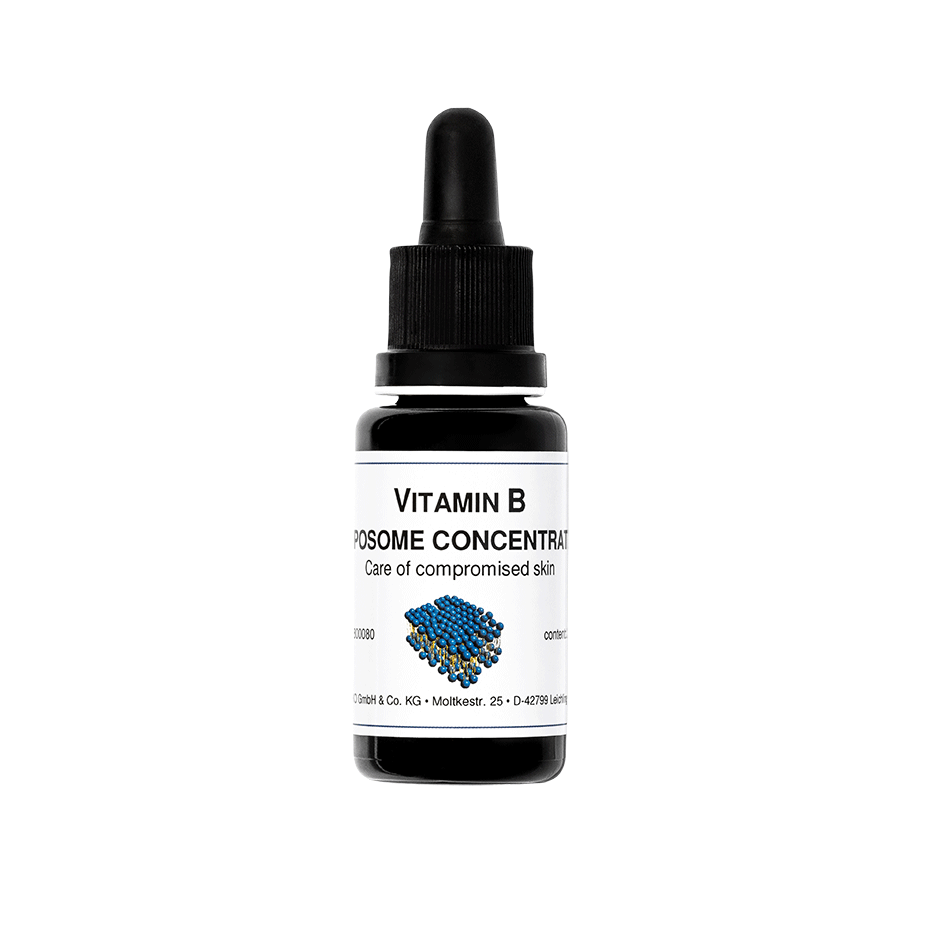acne advice, News, Skincare, skincare for acne
Vitamin B to rebuild the skin
The Essential Role of Vitamin B in Skin Health
Vitamin B is a vital nutrient for the skin, and unlike other vitamins, it cannot be produced or stored in the body. This means that all our Vitamin B needs must come from our diet or be applied topically. Deficiency in Vitamin B is common and can contribute to a variety of skin issues such as redness, irritation, dullness, dryness, and breakouts. With eight different forms of Vitamin B, collectively known as the Vitamin B complex, the benefits extend across many skin types and conditions, making it a key player in maintaining healthy skin.
Why Vitamin B is Perfect for All Skin Types
Vitamin B is especially beneficial for:
- Red or irritated skin: A perfect solution for those suffering from rosacea, as it calms inflammation and strengthens the skin barrier.
- Dull skin: Vitamin B helps to brighten and rejuvenate the skin.
- Dry and flaky skin: It hydrates and nourishes, addressing moisture loss.
The primary reason for recommending Vitamin B is its ability to repair and strengthen the skin, making it essential for achieving a healthy, balanced complexion. Here’s a closer look at the different types of Vitamin B and their specific benefits for the skin:
Vitamin B1 (Thiamine)
B1 acts as a powerful antioxidant, defending the skin against free radicals and external aggressors like pollution and UV rays. This protection is crucial in preventing premature aging and maintaining healthy skin function.
Vitamin B2 (Riboflavin) and B6 (Pyridoxine)
Both B2 and B6 play a key role in regulating sebum production, which is particularly beneficial for those with oily or acne-prone skin. They help balance oil flow, reducing the likelihood of congestion while supporting the normal development of healthy skin cells.
Vitamin B3 (Niacinamide)
Vitamin B3 is a true multitasker. It strengthens the skin’s barrier function and stimulates ceramide production, which helps retain moisture and prevents trans-epidermal water loss. Niacinamide also has anti-inflammatory properties, making it an excellent choice for those with sensitive or rosacea-prone skin. Additionally, it improves skin tone by reducing hyperpigmentation and promotes skin cell regeneration, making the skin appear more youthful and even-toned.
Vitamin B5 (Panthenol)
This form of Vitamin B is known for its soothing and hydrating properties. B5 supports moisture retention in the skin, helping to alleviate dryness and flakiness. It also has anti-inflammatory effects, making it a go-to ingredient for calming irritated skin and promoting healing.
Vitamin B9 (Folic Acid)
B9 helps detoxify the skin by promoting the elimination of toxins and reducing the occurrence of breakouts. It’s essential for healthy cell production and tissue growth, ensuring optimal cell turnover and helping the skin remain vibrant and clear.
Vitamin B12 (Cobalamin)
Vitamin B12 is key to regulating pigment production in the skin, making it helpful in reducing dark spots and hyperpigmentation. It also promotes the growth of healthy skin cells and assists in repairing damaged tissue, which is crucial for achieving an even complexion.
The Ultimate Benefits of Vitamin B
At its core, Vitamin B helps to:
- Balance oil and hydration levels, making it suitable for both oily and dry skin.
- Repair the skin barrier, which is essential for keeping out environmental irritants and locking in moisture.
- Brighten the skin, providing a healthy, radiant glow.
Incorporating a Vitamin B complex into your skincare routine is beneficial for nearly all skin types, especially if you’re dealing with sensitivity, uneven tone, or aging concerns. Whether you’re looking to balance oil production, enhance hydration, or repair skin damage, there’s a form of Vitamin B to suit your needs.
If you’re interested in finding out which Vitamin B products are right for you, come chat with one of our team members! We’d love to help guide you toward the best solutions for your skin.


